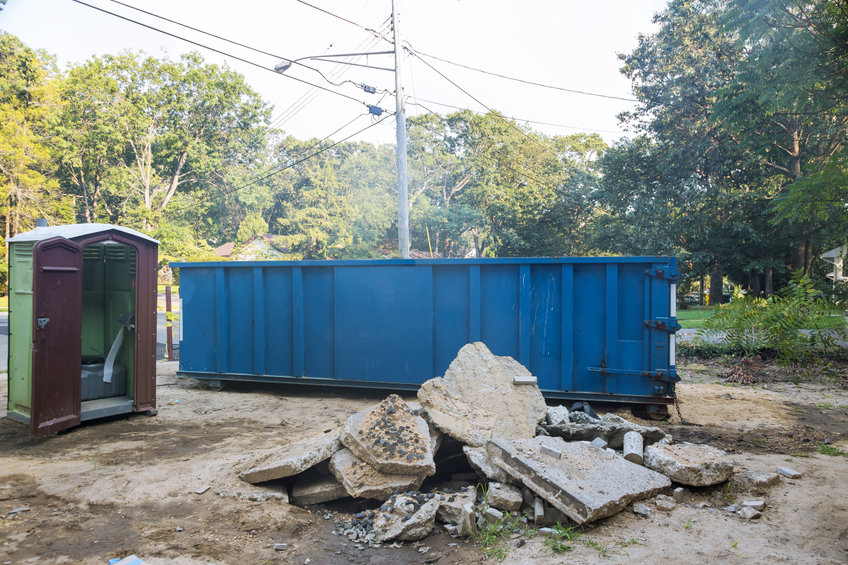How are Property Taxes Calculated?

What Happens To My Property Taxes When I Demolish a House?
Based on the above explanation, the assessed value of a property after a house is demolished should be lower than when the house was still in place. The house is no longer tied together with the land because it ceases to be in existence. The extent to which your property taxes can be lowered will depend on whether your land has access to public services such as water, sewer, and gas. The bank does not determine your property taxes but instead, it is the city, county, or township in which the house is located. It is also assessed based on the value of your residence.
Instances Where Your Property Taxes Could Double After Demolition
If you are planning to knock down your house to build another house that is twice the original size then there are high chances that your property taxes could double depending on the improvements. The increase in taxes could happen if you spend an equivalent amount to your original purchase of land including the improvements. This is in addition to the value of the demolished structure on the new improvements. Example: Let us say you bought a property worth $5 million; with the home being assessed at $1.5 million and the land assessed at $3.5 million. Later, you decide to demolish it and build a new home for $6.5 million. In this scenario, your property taxes are more likely to double. Based on the above example, the total new property tax will be a combination of the new improvement value as well as the old land value. Your new construction does not change the value of the land, which remains the same in size as it was before. The property will be reappraised after the construction is completed and the county appraiser will determine the fair market value of your newly constructed home based on fair market value. The new construction will be valued using either a modified version of the comparable sales approach or a cost approach. Deductibility of Demolition Costs The IRS, under Section 280B, disallowed the demolition cost expense. This implies that the costs of demolition for a building structure are not immediately deductible. Instead, the loss amount sustained by an owner or lessee is meant to be added to the land basis where the structure is located. It is only when the taxpayer sells the land will the increased tax basis offset gains. This means that if you did not sell your land after demolition, this scenario will not be applicable. However, a safe harbor has been provided by the IRS for structural modifications on a building that is not a historic structure if it retains a larger percentage of the existing external walls in place as well as 75 percent or more of the existing internal structural framework (Rev Proc. 95-27). Demolishing a house is one of the biggest nightmares for homeowners. However, there is always a reason behind bringing down a structure. If you are looking to build a new structure afterward, there are higher chances that your property taxes could skyrocket based on the improvements. If the land will remain vacant with no improvements or construction, then your property taxes should go down.

